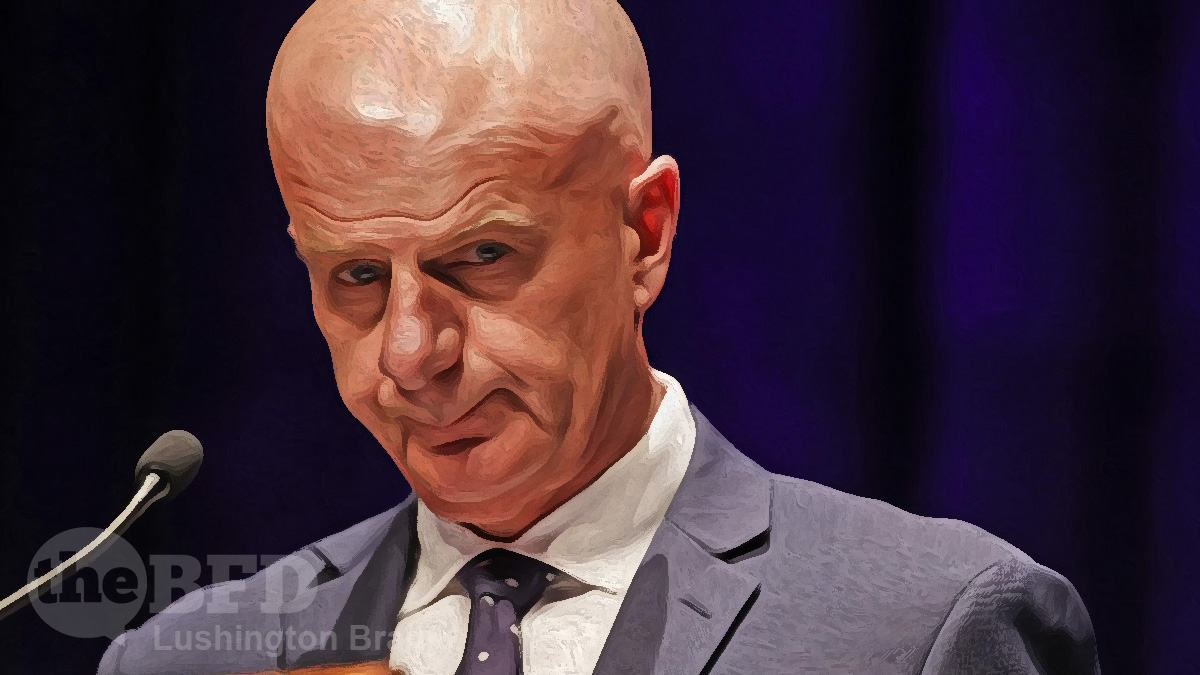Well, this weekend’s Tasmanian election seems to have been much ado about nothing. The result has left Peter Gutwein’s Liberal government exactly where they started: with a one-seat majority.
Still, that’s quite an achievement in itself for Gutwein. Tasmania has long been a Labor-dominated state, and its byzantine Hare-Clark electoral system makes it very hard for either of the major parties to govern from majority. For instance, previous Liberal Premier Will Hodgman notched up a state record first-preference vote, yet still only ended up with a thin majority.
So for Gutwein to achieve a record third consecutive majority government win is something he can rightly be proud of.
The Liberals will be left to sweat for 10 days while postal votes are returned and preferences distributed, having stalled on 12 seats — one shy of majority –— in the count on Sunday.
However, Mr Gutwein said it was “increasingly likely” a second seat for the Liberals in the Hobart-based electorate of Clark would deliver the party its 13th seat for a historic majority victory.
“We have won this election convincingly,“ Mr Gutwein told cheering supporters in Hobart’s tally room on Saturday night.
“It appears increasingly likely we will also govern in majority.”
Of course, Gutwein was surely hoping that the COVID factor (which romped home incumbent premiers in WA and Queensland), coupled with a fifth-consecutive top spot in the Commonwealth Bank’s “State of the States” economic performance rankings, would have increased the government’s majority.
Still, if nothing else, they’ve probably rid the state of the odious Sue Hickey.
Party insiders were late on Sunday “very confident” a Liberal candidate would push out former Liberal-turned-independent Sue Hickey to claim the crucial fifth seat in Clark.
[Madeleine] Ogilvie, a socially conservative lawyer, returned to parliament on a recount in 2019, deciding to sit as an independent in disgust at her treatment by Labor’s hard-left faction.
Labor are the biggest losers from the election. The party has gone backwards, with a 4.5% swing against them (compared to 1.5% against the Liberals). Labor’s lack of real policies and its notable swing to the hard-left haven’t gone unnoticed by voters.
Further underlying Labor’s internal problems, its highest vote winner in the southern electorate of Franklin was Dean Winter, who was added to the party’s ticket only at the 11th hour.
His candidacy was blocked by Left powerbrokers and proceeded only after the ALP national executive intervened, at the request of the Australian Workers Union, to override the state party administrative committee[…]
Discussion in Labor circles included a possible leadership challenge and a push for further national executive intervention to effectively run the troubled Tasmanian branch.
The protest vote against Labor didn’t end up going to the Liberals though – a number of voters deserted both major parties, delivering an extra seat to the Greens and one to a left-leaning independent.
The election has also-highlighted Tasmania’s north-south divide. In the north and west, the Liberals more than doubled Labor’s vote, while the Greens were barely a blip. In the south, especially in the heavily left-wing division of Clark, centred on Hobart (a city dominated by government employees), the Greens’ vote almost eclipsed Labor’s. The Greens also did particularly well in the bourgeois hobby-farmers and tree-changers division of Franklin, based around the trendy Huon Valley.
[Labor leader Rebecca White] said the election result, which saw a swing against both major parties to the Greens and independents, was a “wake-up call” for the Liberals, particularly in relation to health.
The Australian
Health is the millstone around any Tasmanian government’s neck. As one senior health executive said to me at the last election, he wouldn’t want to be in the shoes of any government that had to try and deal with Tasmania’s health portfolio.
Tasmania is saddled with a raft of demographic problems that make diabolical problems for its health system: not least its heavily aged population. As well as natural ageing, Tasmania has had to deal with a massive influx of grey-haired sea-changers. Many of our coastal towns are now effectively retirement villages for cashed-up Mainlanders.
Another diabolical problem is the Greens – both endemic and the FIFO Mainland activists who plague our state. A state can only have a functioning public health system if it has a strong economy to fund it: the Greens’ determination to shut down every industry that threatens to turn a profit in Tasmania is a continual foot on the state’s economic brake pedal.
In that light, having an extra Green (and a wannabe-Green independent) throwing bombs in the state parliament is the worst outcome of an election that otherwise preserved the status quo.
Please share this article so that others can discover The BFD

